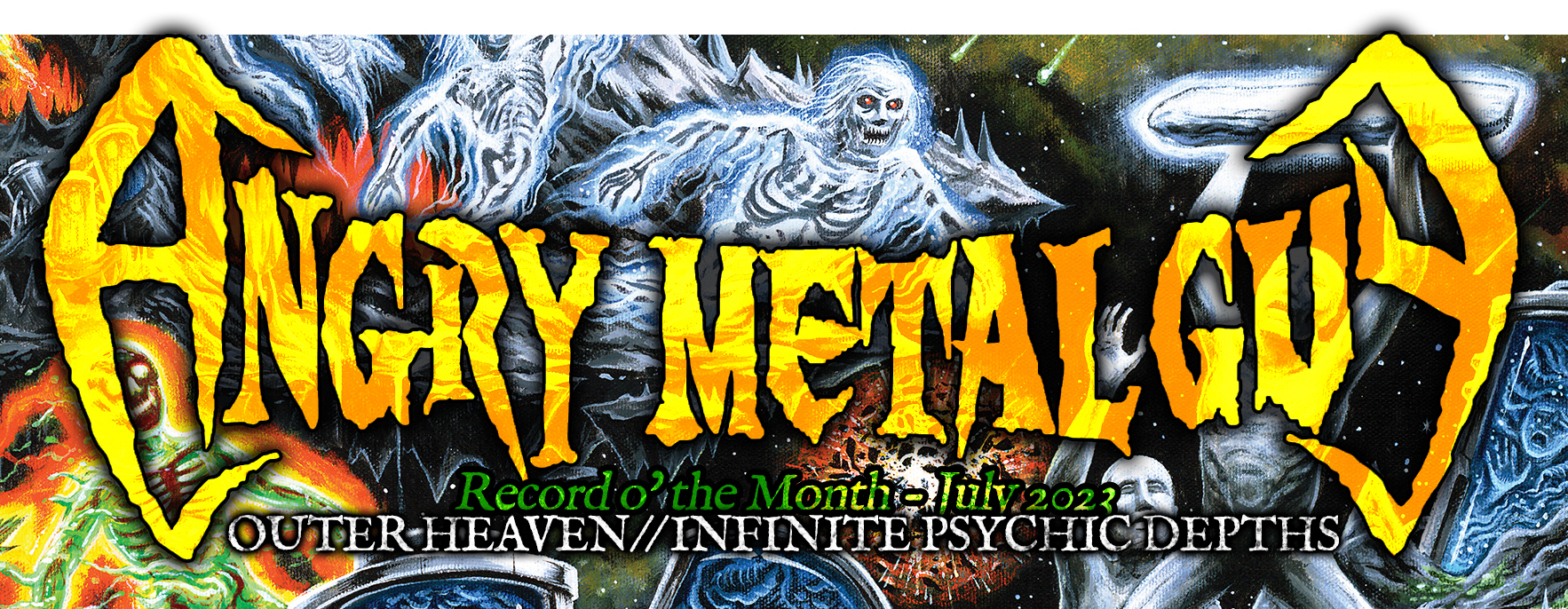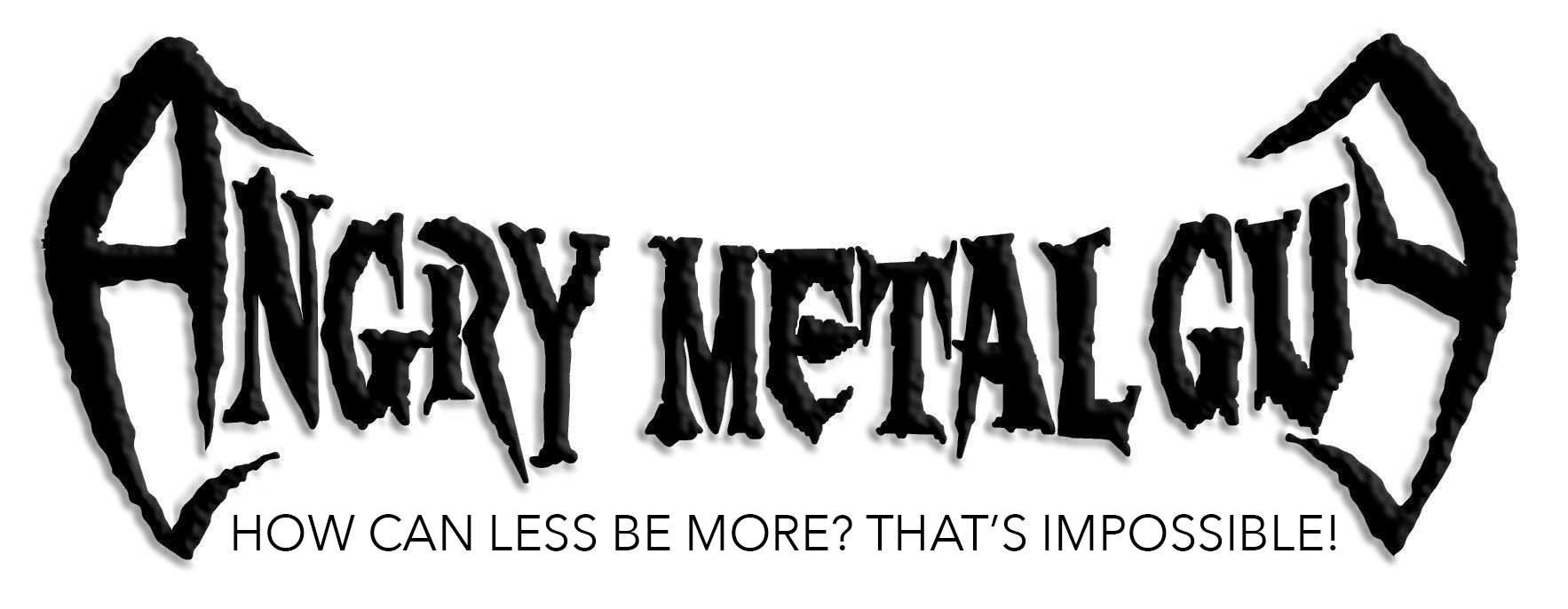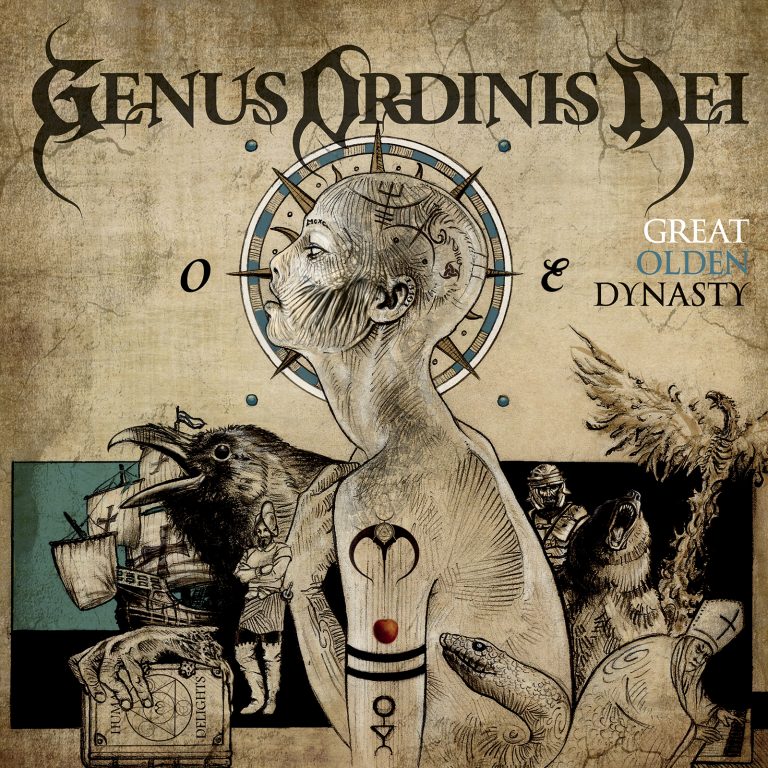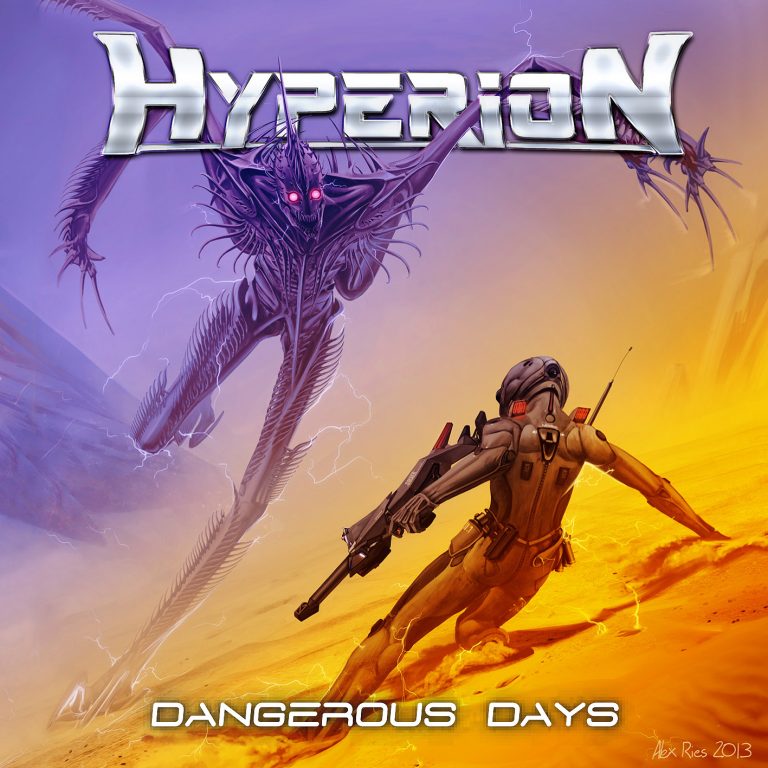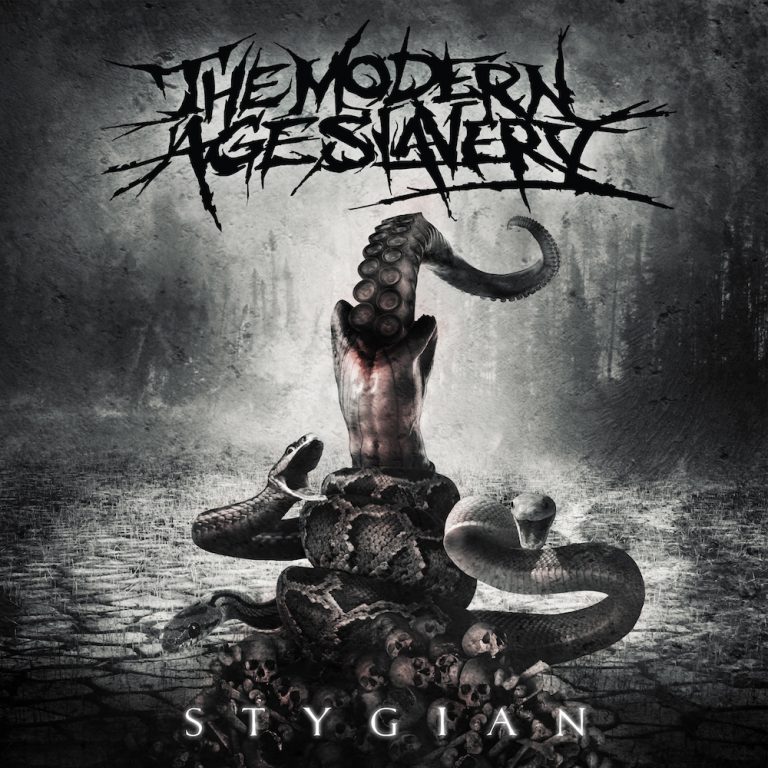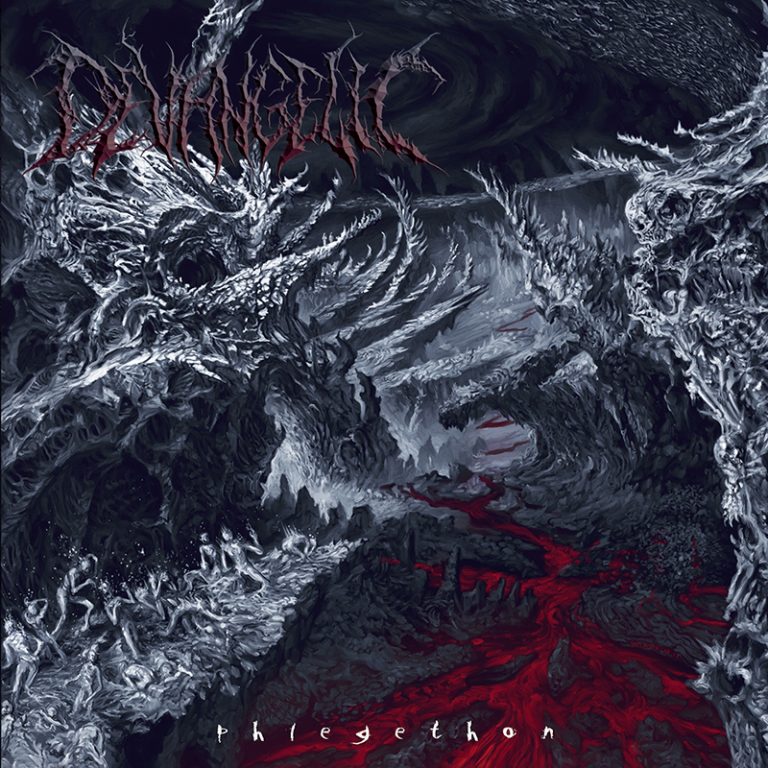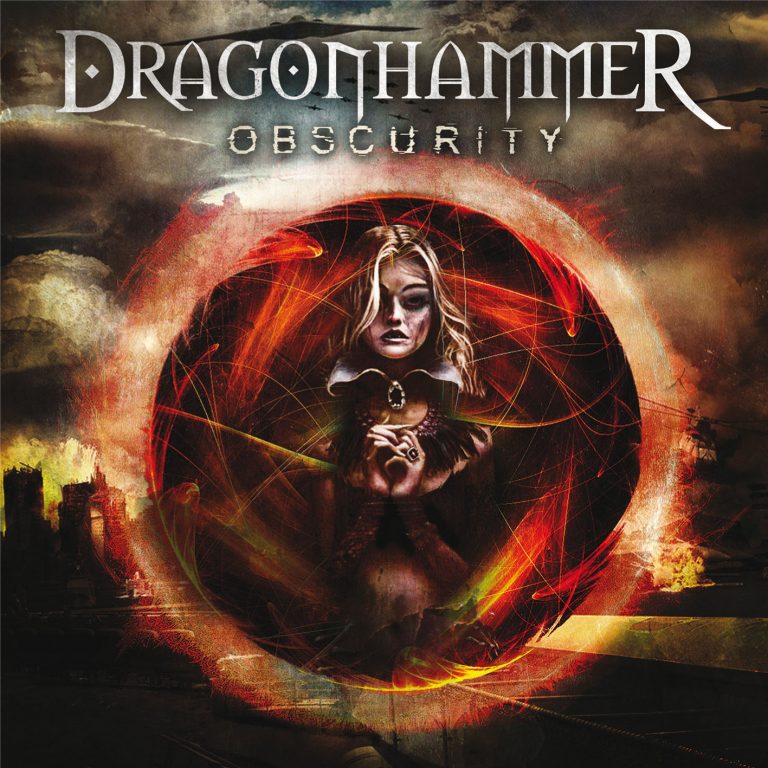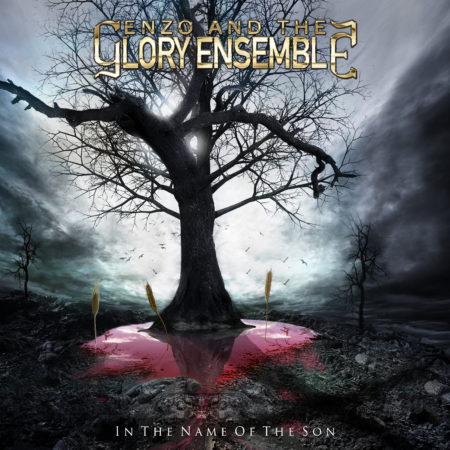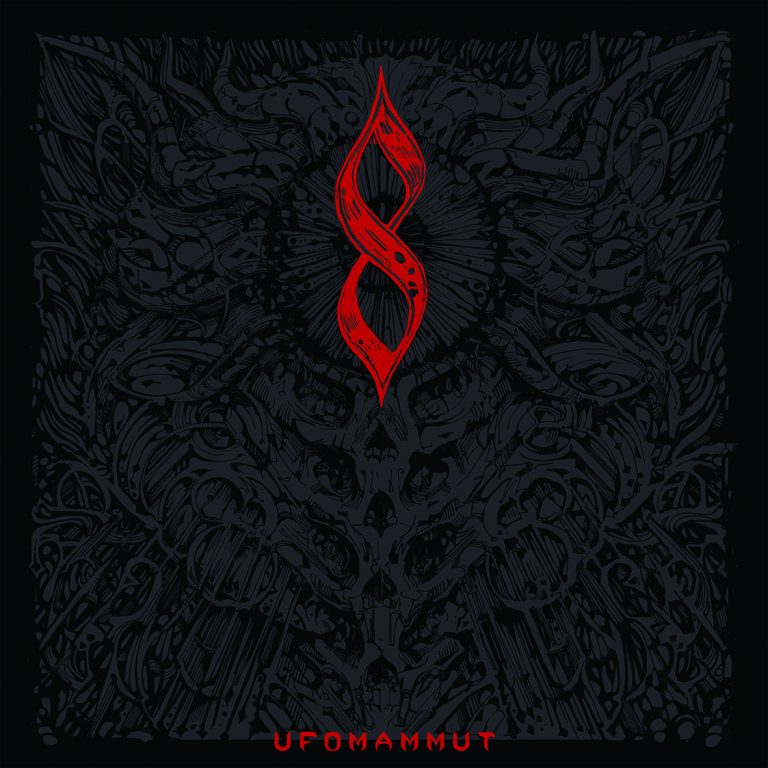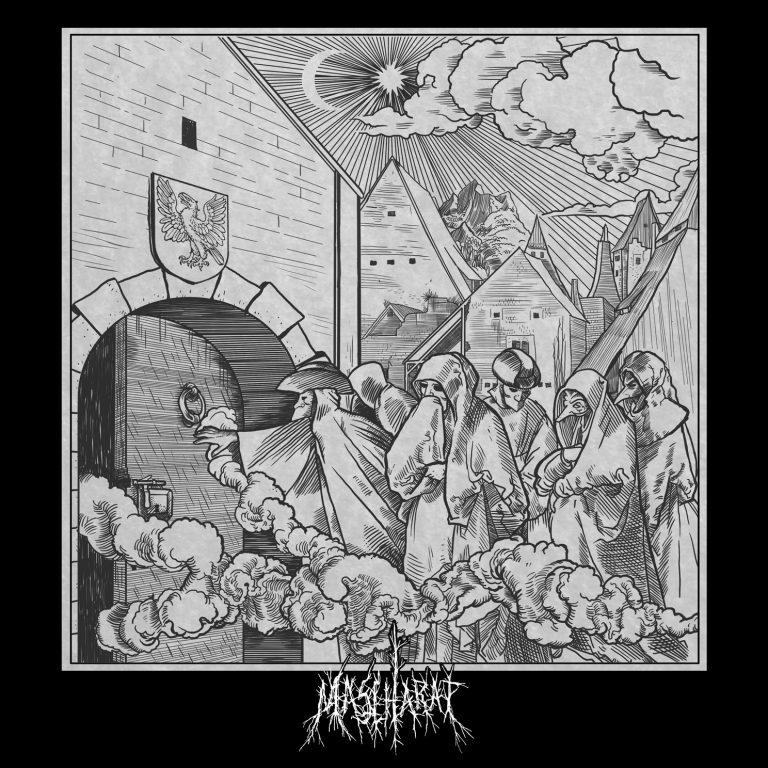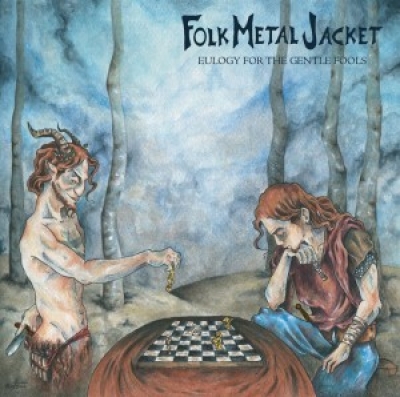“Genus Ordinis Dei (GOD for short) by their name wonder what the biological classification of an Abrahamic God would be, and they do this by seemingly breaking the rulebook and combining symphonic death metal with elements of the traditionally blue collar of deathcore.” Symphonic deathcore? Surely you can’t be serious.
Italian Metal
Hyperion (IT) – Dangerous Days Review
“Okay, I’ll admit that what first drew me into Dangerous Days, the debut offering from Italian traditional metal act Hyperion, was its eye catching artwork. I don’t usually gravitate towards heavy metal albums, but I guess that, deep down, I’m no better than a toddler, drawn to bright colors, sci-fi spacesuits and cool-ass monster designs like my 1.5 year old son to literally anything he isn’t supposed to touch.” Free metal and candy.
The Modern Age Slavery – Stygian Review
“There’s nothing wrong with modern death metal, and The Modern Age Slavery make no attempt to rebel against the status quo. Formed in 2007, this Italian quintet released debut Damned to Blindness in 2008 but didn’t catch my attention until follow-up Requiem for Us All received some surprisingly enthusiastic praise upon its release in 2013. While I didn’t share the same excitement as other critics, overall Requiem fit nicely alongside the Hour of Penances and Man Must Dies of the world as a sharp, loud, and fast half-hour of socially-conscious death metal.” Sounds preachy.
Devangelic – Phlegethon Review
“In what is sure to be a heart-stopping shock to readers, I’m embarking upon a mid-length review of a brutal death metal album from Italy that I’m not terribly fond of. Gasp and swoon though you may, if you survey recent examples of Italian brutal death metal reviewed in this august publication, the Kronos name is not too thick in the ground, and that’s intentional. I’m a devout opponent of the style of brutal death pioneered by Hour of Penance and copied by so many of their Mediterranean peers and do my best to avoid reviewing death bands who play in the style simply because it’s a lose-lose situation.” Death in Venice (or nearby).
Forgotten Tomb – We Owe You Nothing Review
“Forgotten Tomb’s recent output has taken on a chunkier form – thick chord patterns becoming the prominent mode of expression. Their depressive black metal escapades of the early 2000s eradicated: the icy sheen of their stabbing tremolo making way for swampier humidity.” King of the Swamp or merely soggy?
Dragonhammer – Obscurity Review
“The label’s press release for Obscurity states ostentatiously that the album will be the band’s ‘definitive consecration to the international scene.’ Sidelining that this is a gross misuse of the word and concept of ‘consecration’ on multiple levels, there’s no way to make me crankier right off the bat than with inane marketing bluster. Tread lightly, My Kingdom.” Dragon-sized PR misses.
Enzo and the Glory Ensemble – In the Name of the Son Review
“Once, I believed myself able to see past the veils and charades of societal labels, to be able to transcend the likes of religious affiliation in order to experience art for art’s sake. Once, I believed that I could overcome any element of musical unpleasantness if the rest of the material was strong enough. I have loved the likes of Mos Def, Flyleaf, and Ghost Bath, and felt no shame. Once, I believed all this to be enough to allow me to find redemption in any kind of music… until I heard Enzo and the Glory Ensemble’s In the Name of the Son.” Jazz hands for the Lord.
Ufomammut – 8 Review
“Stoner doom seems such an easy genre to play. Write every kickass riff you can think of, play them slow and heavy, and you’re most of the way there. Yet many struggle with the cyclopean task of keeping their bundle of riffs interesting for 45 (or 75) minutes. Ufomammut is not one of them, however.” Putting the “uf” in Ufomammut.
Mascharat – Mascharat Review
“The Venetian Carnival originated in the 1100s as a way to celebrate the overthrowing of the Patriarch of Aquileia, Ulrico de Treven in 1162. Wearing colorful outfits and dancing in San Marco Square, the celebrants retained an air of anonymity by donning elaborate masks, which shortened the gap between the rich and affluent, and the poor and downtrodden. Milan’s Mascharat plays up this influential period in Renaissance history, using it as a backbone for their debut full-length, right down to the fact that almost nothing is known about the band except their location.” No one expects The Venetian Carnival!
Folk Metal Jacket – Eulogy for the Gentle Fools Review
“Sometimes you come across an album where the name of the artist alone is enough to peak your interest. Case in point: Folk Metal Jacket. I never could resist a good pun. Does it make for good music though?” There’s a hole in your mindjacket.
